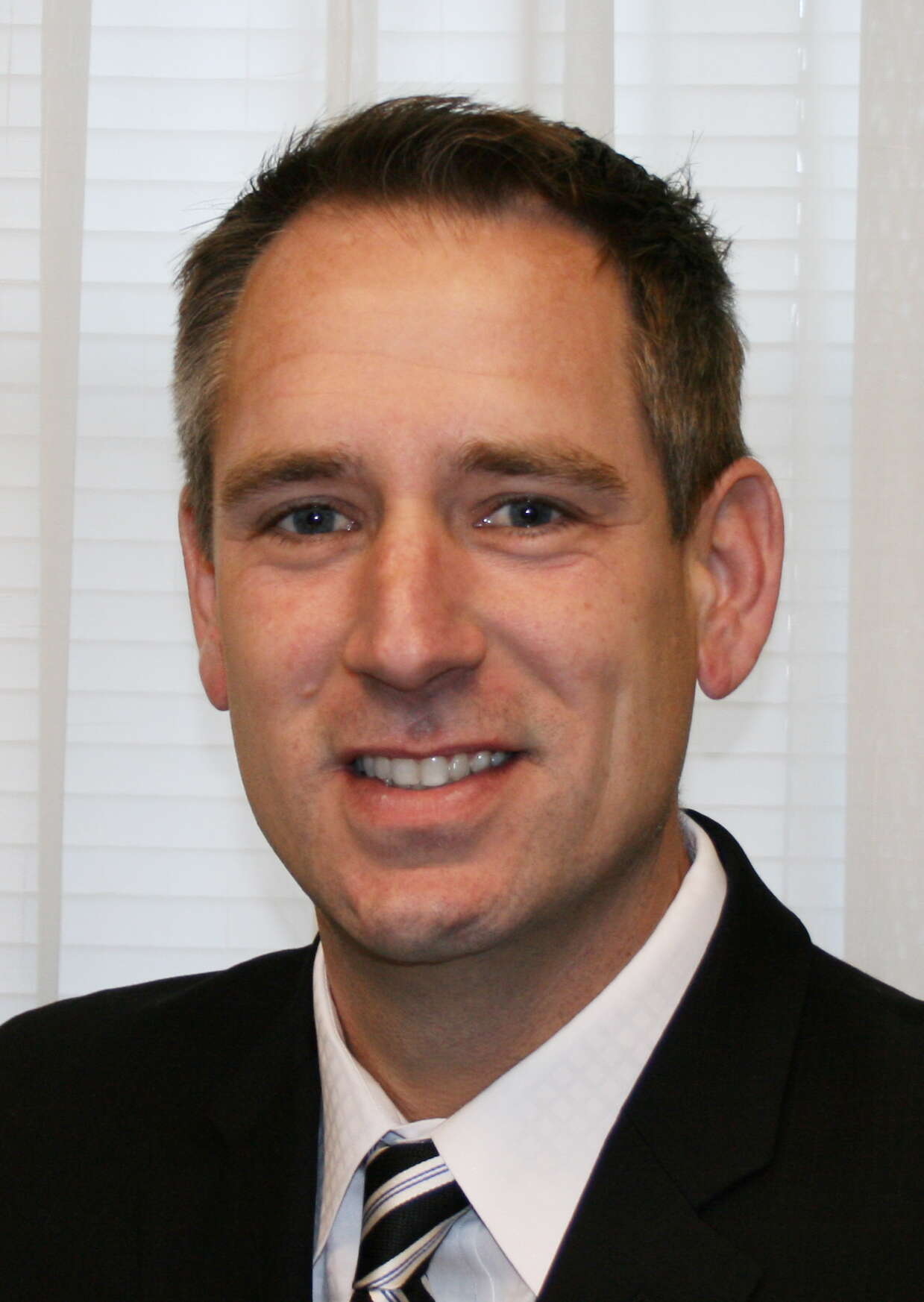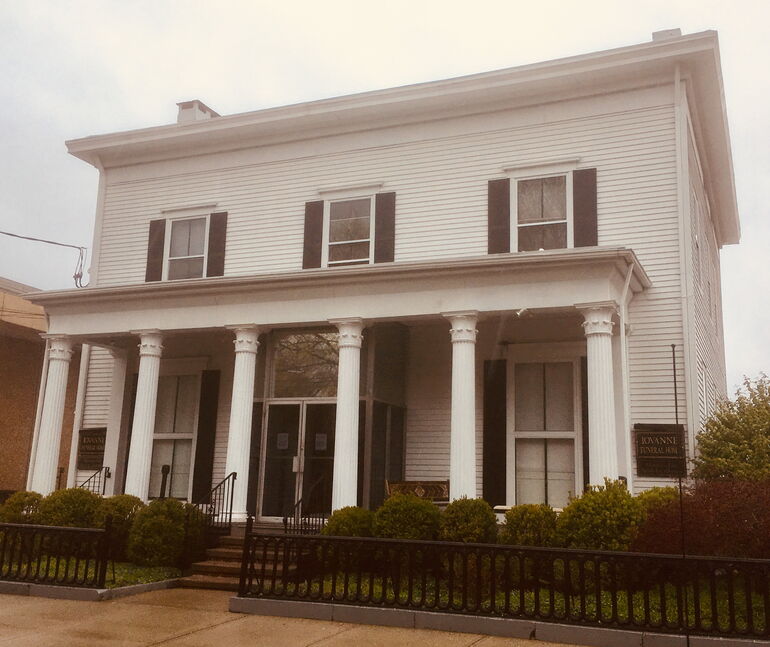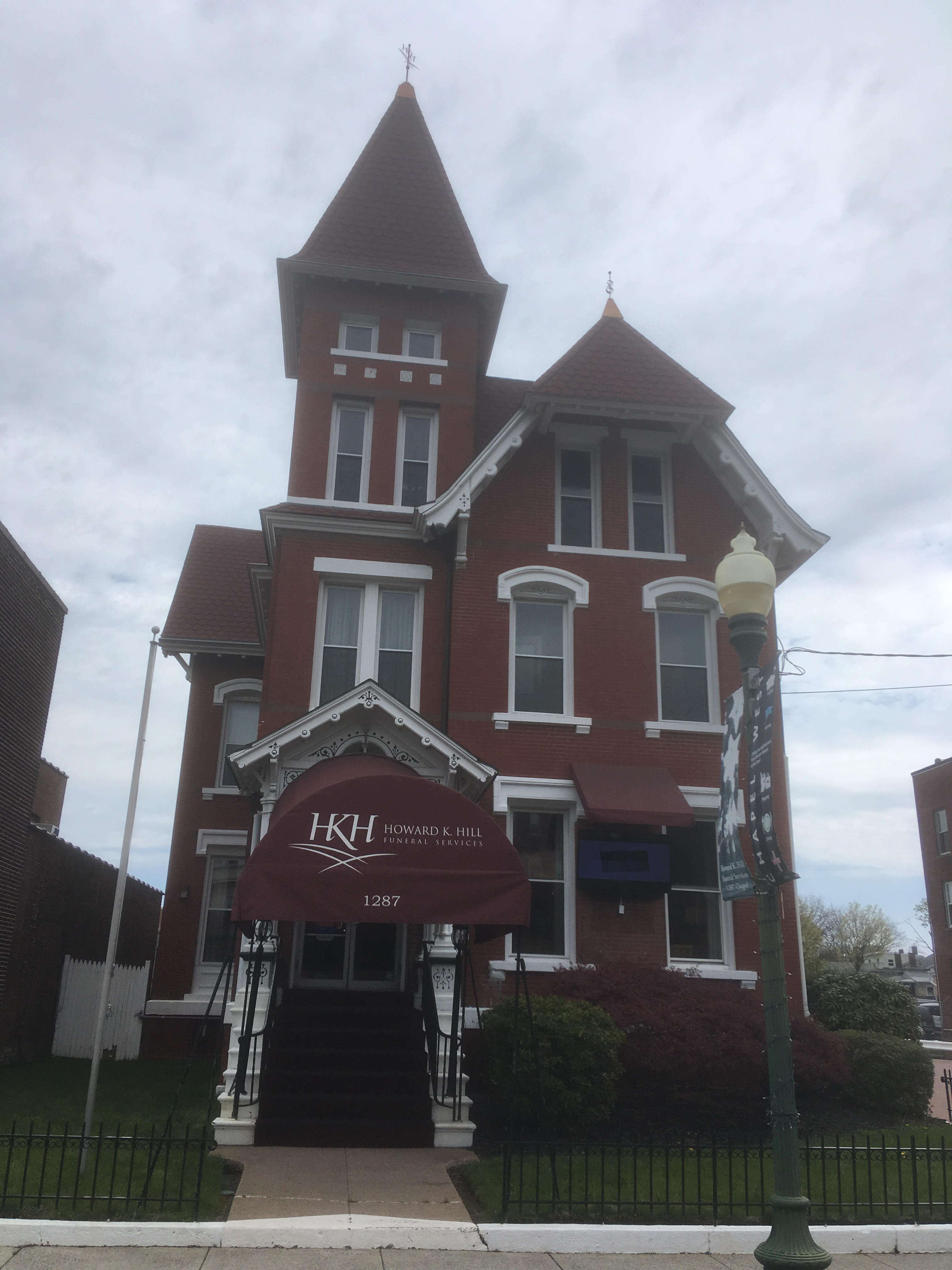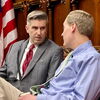
Processing Your Payment
Please do not leave this page until complete. This can take a few moments.
-
News
-
Editions
-
- Lists
-
Viewpoints
-
HBJ Events
-
Event Info
- 2024 Economic Outlook Webinar Presented by: NBT Bank
- Best Places to Work in Connecticut 2024
- Top 25 Women In Business Awards 2024
- Connecticut's Family Business Awards 2024
- What's Your Story? A Small Business Giveaway 2024 Presented By: Torrington Savings Bank
- 40 Under Forty Awards 2024
- C-Suite and Lifetime Achievement Awards 2024
- Connecticut's Health Care Heroes Awards 2024
-
-
Business Calendar
-
Custom Content
- News
-
Editions
View Digital Editions
Biweekly Issues
- April 15, 2024
- April 1, 2024
- March 18, 2024
- March 4, 2024
- February 19, 2024
- February 5, 2024
- January 22, 2024
- January 8, 2024
- Dec. 11, 2023
- + More
Special Editions
- Lists
- Viewpoints
-
HBJ Events
Event Info
- View all Events
- 2024 Economic Outlook Webinar Presented by: NBT Bank
- Best Places to Work in Connecticut 2024
- Top 25 Women In Business Awards 2024
- Connecticut's Family Business Awards 2024
- What's Your Story? A Small Business Giveaway 2024 Presented By: Torrington Savings Bank
- 40 Under Forty Awards 2024
- C-Suite and Lifetime Achievement Awards 2024
- Connecticut's Health Care Heroes Awards 2024
Award Honorees
- Business Calendar
- Custom Content
The business of saying goodbye: CT funeral homes adapt to COVID realities
 Iovanne Funeral Home in New Haven’s Wooster Square.
Iovanne Funeral Home in New Haven’s Wooster Square.
Few experts doubted that the decision to shut down huge swaths of the U.S. economy to arrest the spread of the coronavirus would decimate many if not most industries. The unknown variables were how badly — and for how long.
But a few select industry sectors were seen as certain to surge as a result of the COVID crisis: The health-care industry, and the funeral business.
In the case of both hospitals and funerals, that scenario hasn’t unfolded exactly as envisioned. Hospitals nationwide have postponed elective procedures, from joint replacements to cancer surgery. As coronavirus admissions failed to reach panic projections, many systems have (perversely) laid off or furloughed workers because there’s nothing for them to do.
The funeral business has likewise not seen the numbers of virus victims so direly predicted just weeks ago. Outside of New York, the number of deaths have not overwhelmed the system to the extent feared. But more people are getting sick — and more people are dying.
In Connecticut “We’ve seen the number of calls increase this month [April] by 30 to 40 percent on average,” reports David W. MacDonald, who owns the Wallingford and Yalesville Funeral Homes and is vice president of the Connecticut Funeral Directors Association.

The CFDA’s MacDonald, who operates funeral homes in Wallingford and Yalesville.
Statewide the incidence of COVID-related deaths is highest in Fairfield County, particularly the metro Stamford area, given its proximity to New York City. But it’s not just lower Fairfield County; some communities such as Shelton have seen spikes in coronavirus deaths over the last six weeks.
The COVID pandemic has changed funerals and the funeral-home business in ways few could have foreseen. People haven’t stopped dying, of course, but the ways in which their loved ones mark their passing and say goodbye has adapted to the mandates of social distancing and reduced travel. For the faithful, churches and synagogues nationwide have closed their doors for the duration of the medical emergency.
Since Gov. Ned Lamont’s social-distancing executive order forbidding gatherings of more than 10 people, funerals have been restricted to immediate family members of the deceased.
“We will do a private service for the immediate family only,” explained William G. Iovanne, director of Iovanne Funeral Home in New Haven’s Wooster Square. “We do limit that to 10 people in the funeral home. It’s very difficult [for families] — how do you pick [which] 10 people?”
“For family members who desire to have more people for a viewing and celebrate the life of a loved one, we are having outside viewing in which the casket is placed under a tent and we have outside drive-by viewings,” said Howard K. Hill of HKH Funeral Services, which operates funeral homes in New Haven, Hartford and Bloomfield.
To compensate, many funeral homes now live-stream memorial services via Zoom or other platforms for remote mourners.
Overall, to date “Most clients have been very understanding” about the restrictions, said Iovanne. ”They know that we’re doing it for safety reasons — their safety as well as ours.”
While the deceased must be laid to rest (or alternately) cremated in a timely fashion, for religious families, “After we work through this pandemic, these families have to go through this all over again,” Iovanne said, perhaps months after their loved ones are in the ground.
“I am positive we’ll be having many masses and services at church as soon as people feel that it’s safe to do so,” added MacDonald. “It’s a little difficult on our end because there are a lot of open-ended services where we’re doing what has to be done [disposal of the body] for health and safety now, and at a later date — it could be a month, could be three months — we’ll be doing a more formal public service.”
Family matters
Last week New Haven Mayor Justin Elicker reported on a conversation he’d had with a number of city funeral-home directors. The funeral directors “have asked me to share that families should not expect and not advocate to have funerals where people are gathering in person, because that puts many people at risk,” Elicker told members of the media.
“That’s something that’s tough for a lot of [grieving families] to hear,” he added. “Instead [mourners] should do their best to mourn remotely and with each other without physically being together, knowing that down the road once this passes that they should expect and plan for a much more personal, intimate gathering.”

Howard K. Hill Funeral Services operated funeral homes in New Haven (pictured), Hartford and Bloomfield.
Funeral-home directors must not only be sensitive to their clients, but must safeguard the health and well-being of their own employees as well. “We treat every [body] as if they could be COVID-positive, because realistically they could be,” said MacDonald. “We’re also being very careful when we’re going to facilities” such as nursing homes and hospitals to take delivery of the recently deceased. “Everything is on heightened awareness,” he added.
“The hospital or the medical examiners test the bodies” for infection before the funeral homes take possession of the deceased, Hill explained. “When we pick up bodies from homes or hospitals, our primary concern is to make sure we do not get ourselves infected. We use universal precautions and PPE [personal protective equipment] to make sure we protect ourselves.”
Final resting places
The other service provided by funeral homes of course is to deliver the departed and mourners to the final place of rest.
“At the cemetery, [the rules] are not as stringent because we’re outdoors and can spread people out a little more around the gravesite,” explained Iovanne. ”We’ll bring a [loud] speaker and a microphone so [attendees] can hear the service. We’re just trying to anticipate whatever issues they have and meet whatever needs they have.”
“Many cemeteries have reduced the number of people they will allow within their gates for a burial,” said Hill. “Depending on the cemetery association’s board of directors, the size of the crowd varies from cemetery to cemetery.”
“It depends on the cemetery,” MacDonald said. Some are stricter about enforcing social distancing guidelines than others. “What we’ve had [in many instances] is the immediate family at the gravesite, and other friends and family remaining in their cars.”
“It’s the way the world is right now,” said MacDonald. “Everyone’s adapting.”

2022 Giving Guide
This special edition informs and connects businesses with nonprofit organizations that are aligned with what they care about. Each nonprofit profile provides a crisp snapshot of the organization’s mission, goals, area of service, giving and volunteer opportunities and board leadership.
Learn more
Subscribe
Hartford Business Journal provides the top coverage of news, trends, data, politics and personalities of the area’s business community. Get the news and information you need from the award-winning writers at HBJ. Don’t miss out - subscribe today.
Subscribe
2024 Book of Lists
Delivering Vital Marketplace Content and Context to Senior Decision Makers Throughout Greater Hartford and the State ... All Year Long!
Read Here-
2022 Giving Guide
This special edition informs and connects businesses with nonprofit organizations that are aligned with what they care about. Each nonprofit profile provides a crisp snapshot of the organization’s mission, goals, area of service, giving and volunteer opportunities and board leadership.
-
Subscribe
Hartford Business Journal provides the top coverage of news, trends, data, politics and personalities of the area’s business community. Get the news and information you need from the award-winning writers at HBJ. Don’t miss out - subscribe today.
-
2024 Book of Lists
Delivering Vital Marketplace Content and Context to Senior Decision Makers Throughout Greater Hartford and the State ... All Year Long!
ABOUT
ADVERTISE
NEW ENGLAND BUSINESS MEDIA SITES
No articles left
Get access now
In order to use this feature, we need some information from you. You can also login or register for a free account.
By clicking submit you are agreeing to our cookie usage and Privacy Policy
Already have an account? Login
Already have an account? Login
Want to create an account? Register
Get access now
In order to use this feature, we need some information from you. You can also login or register for a free account.
By clicking submit you are agreeing to our cookie usage and Privacy Policy
Already have an account? Login
Already have an account? Login
Want to create an account? Register






0 Comments